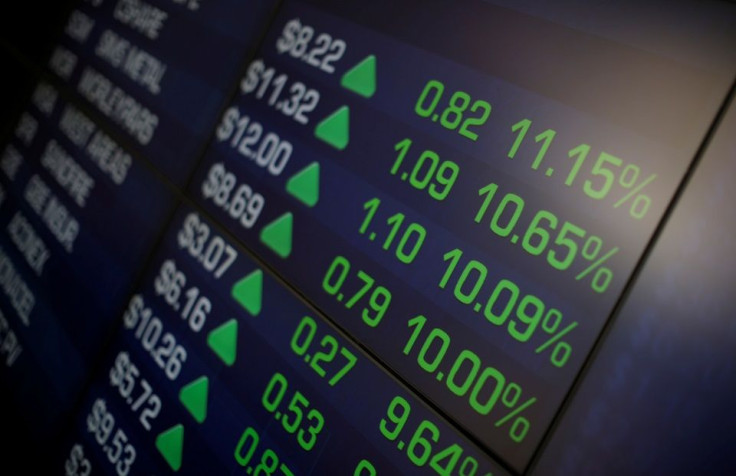10-year Australian bond yields jump 28 basis points to 6-month high of 2.5% as investor accept Trump presidency

The Australian and US stock markets continued its recovery from the shock of Donald Trump’s election as president of the US. On Thursday, the benchmark 10-year Australian Commonwealth Government bond yields rose 28 basis points to 2.5 percent, establishing a six-month high.
Like the Swiss franc and Japanese yen, the Australian dollar shed all its gains after Trump’s victory speech, with the Aussie currency bouncing to US76.80c from US75.80c, The Australian reports. Gold price went down to US$1,270 (A$1,672) from US$1,337 (A$1,761) an ounce before it settled to US$1,288 (A$1,696).
The sell-off of government bonds, which also occurred in the US, was because of Trump’s tax and spending plans. Investors expect the trade and fiscal policies of Trump would boost inflation.
On Friday, the yield on the Australian government bonds went up another 9 basis points to 2.59 percent, the highest level since late April. With this development, Sydney Morning Herald says the Australian government should offer more yield to investors in return for the cash. Friday’s auction of A$1 billion worth of 12-year bonds has a yield of 2.7 percent.
The yield on government bonds dipped to as low as 2.223 percent on Wednesday on the shocking news of Trump’s unexpected poll victory. However, speculations of the Republican hiking spending to jumpstart growth quickly rebounded yields as bonds were sold.
Eaton Vance, chief income investment officer of Payson F. Swaffield, points out that Trump accomplished in less than 24 hours what global central bankers have been attempting to do which is to hike inflationary expectations. “Apart from the major fiscal stimulus during the financial crisis in 2008, global central banks have been the only game in town, in terms of keeping a lid on global rates, providing liquidity and boosting prices of financial assets, yet depriving the markets of their important price-discovery mechanism,” Vance explains.
In the US, the Dow Jones industrial average established a record high on Wednesday when the index went up 218 points or 1.2 percent, closing at 18,808. The improvement was because of expectations that Trump would push for major stimulus to the US economy, The Washington Post reports.





















